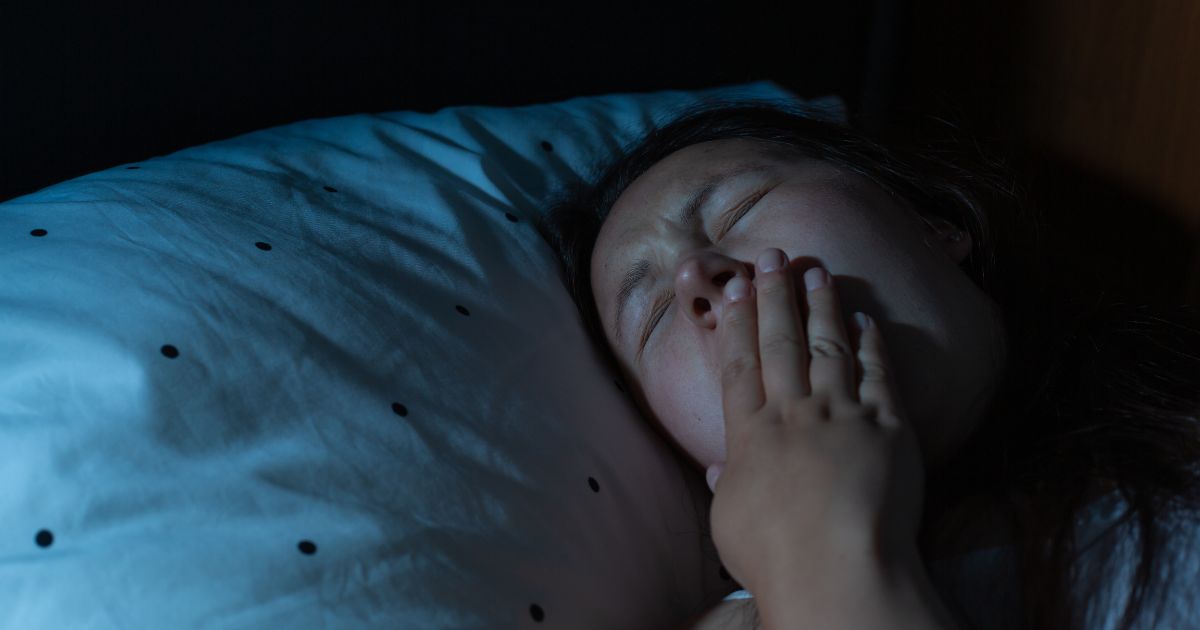Your bedroom should be a peaceful place that promotes a restful night of sleep. But if you suffer from insomnia, it might not feel like such a sanctuary. Take the time to create the perfect sleep environment, and you’ll be on your way to sleeping more soundly. Here are some simple, inexpensive tips to get started.
Choose a Soothing Color
Your bedroom should make you feel relaxed and peaceful. Choose paint colors that are calm and soothing to you. Some research has shown that people with blue rooms actually tend to sleep the longest. Deep blues, soft grays and neutral greens are all cool, soothing hues you might consider.
Select the Right Mattress and Bedding
Make sure you have a mattress that suits your preference and is comfortable. Finding the right pillow for your sleep position can help keep your spine aligned while you sleep. Also select sheets and blankets that are a nice, soft material. If you have allergies, hypoallergenic bedding is another good option to help you avoid insomnia.
De-clutter Your Space
Think of your room as a haven. When you enter, it should be a place of relaxation. Start by de-cluttering your room and getting rid of anything that doesn’t belong. Keep stacks of paper, piles of laundry and anything that could cause stress out of your bedroom. Arrange furniture in a clean, organized way.
Keep it Cool
A cool room typically allows for the best sleep. Your body temperature drops to prepare for sleep, and a cool room can help promote this. The suggested sleep temperature should be between 60 and 67 degrees, according to the National Sleep Foundation. Experiment to find the temperature that you’re most comfortable with.
Ditch the Electronics
Unfortunately, it’s not uncommon for people to bring their electronics in the bedroom these days. It’s not a good idea, though. The blue light most electronics emit has been scientifically shown to negatively affect our sleep. Try to power-down one to two hours before bedtime to help you avoid insomnia.
Keep Your Room Quiet
Try to reduce noises that could keep you awake or disturb your sleep. Keep the TV off, as its changing tones and volume can interrupt your sleep. If outside noises are disturbing you, try a white noise machine to help dull their impact.
Keep Your Room Dark
A dark environment sends a signal to your body that it’s time to rest. Start by dimming the lights about an hour before you turn in. Keep lights at an absolute minimum when it’s time to go to sleep. Turn of lamps, TVs and any electronic devices to help avoid insomnia. If you live in an area with a lot of outdoor light, try room darkening drapes or blinds.
Still Struggling with Insomnia?
Creating the perfect sleep environment is an important aspect of practicing good sleep hygiene. Unfortunately for some people, though, it’s not enough to help them sleep better. If you’re suffering from a sleep disorder such as insomnia, it’s time to consult with a sleep specialist. Call Jacksonville Sleep Center today at (904) 854-6899.






